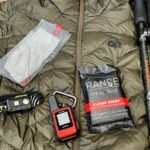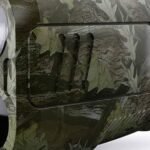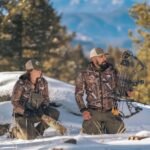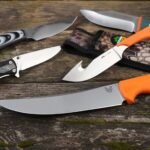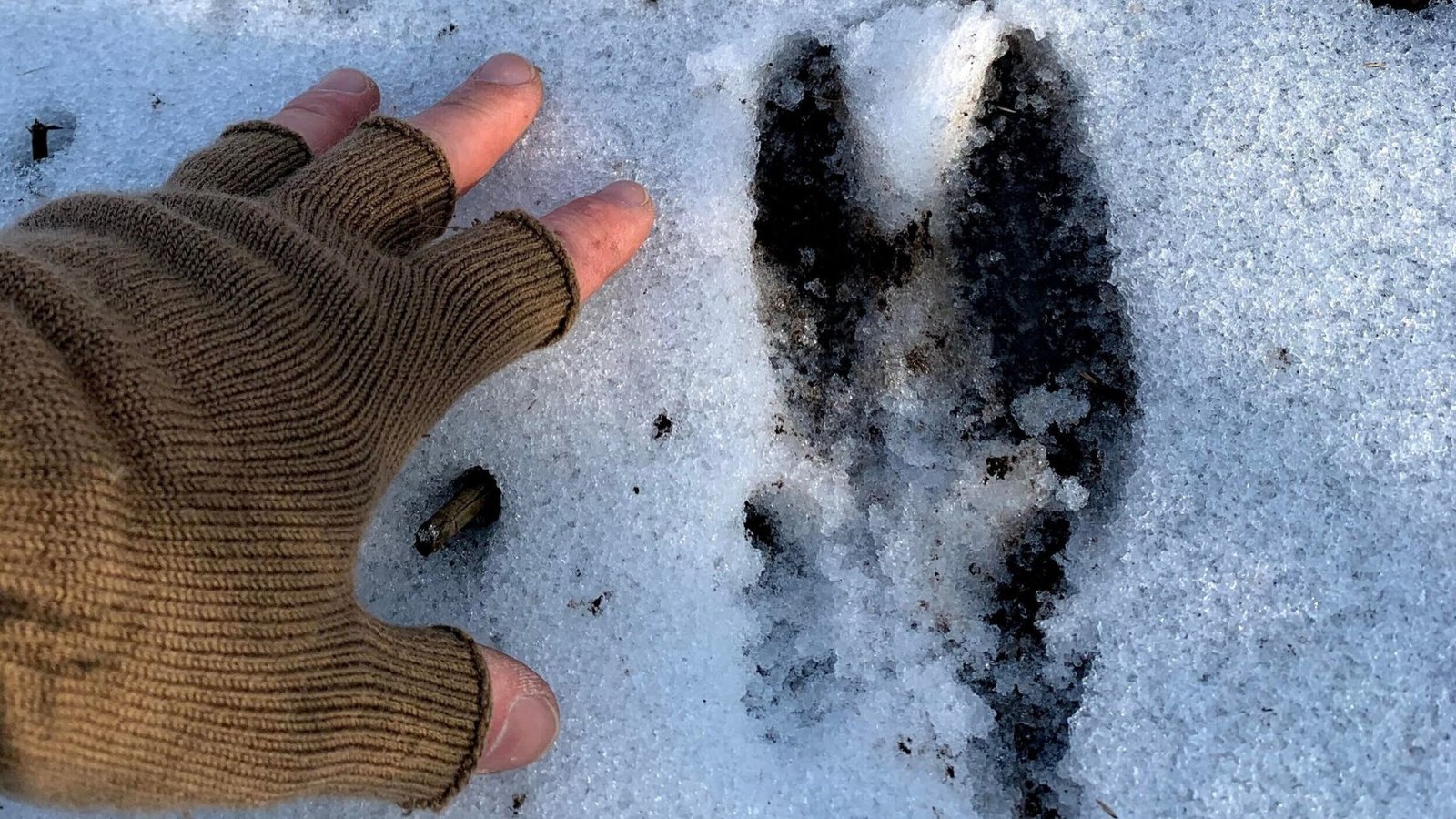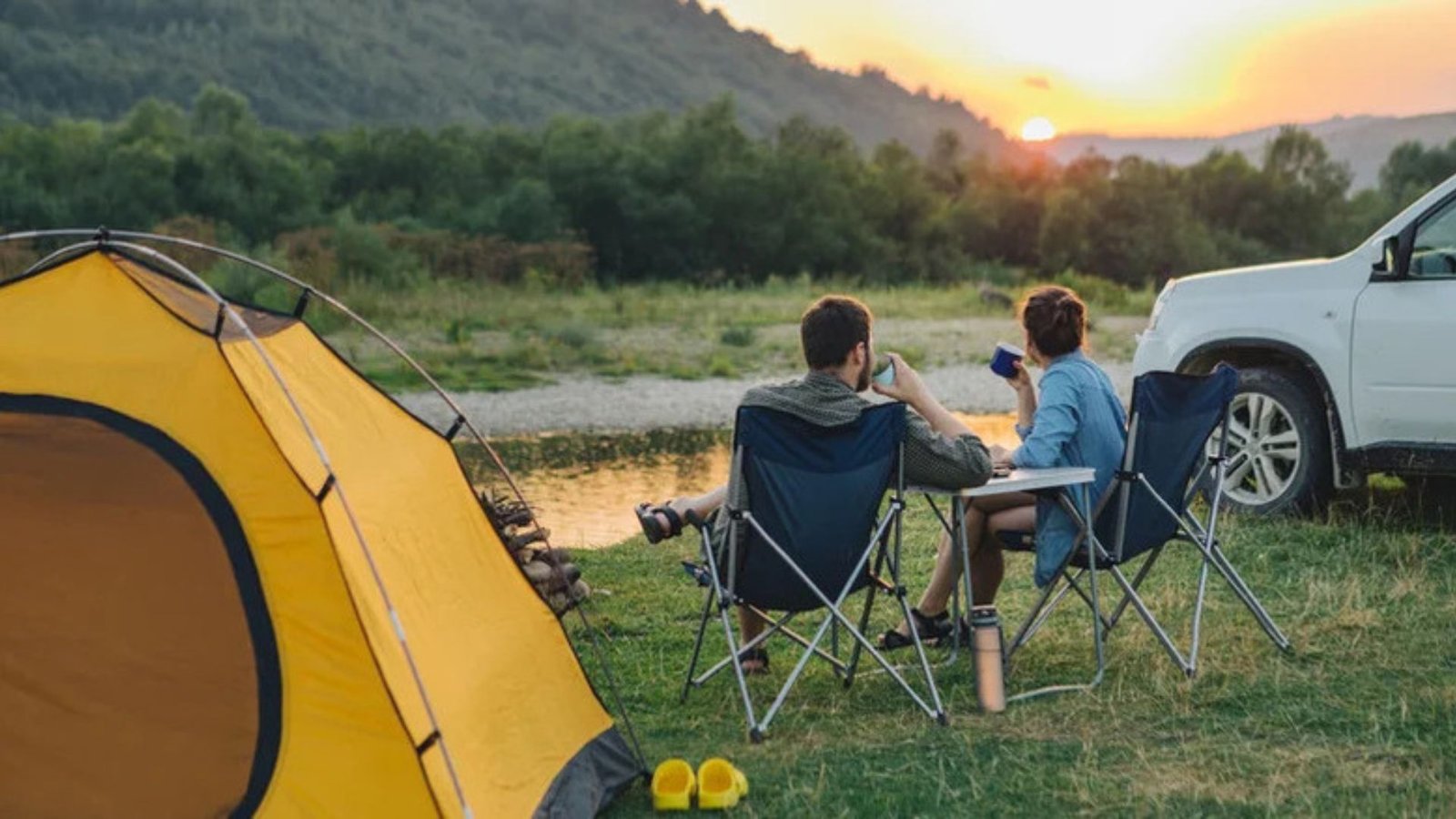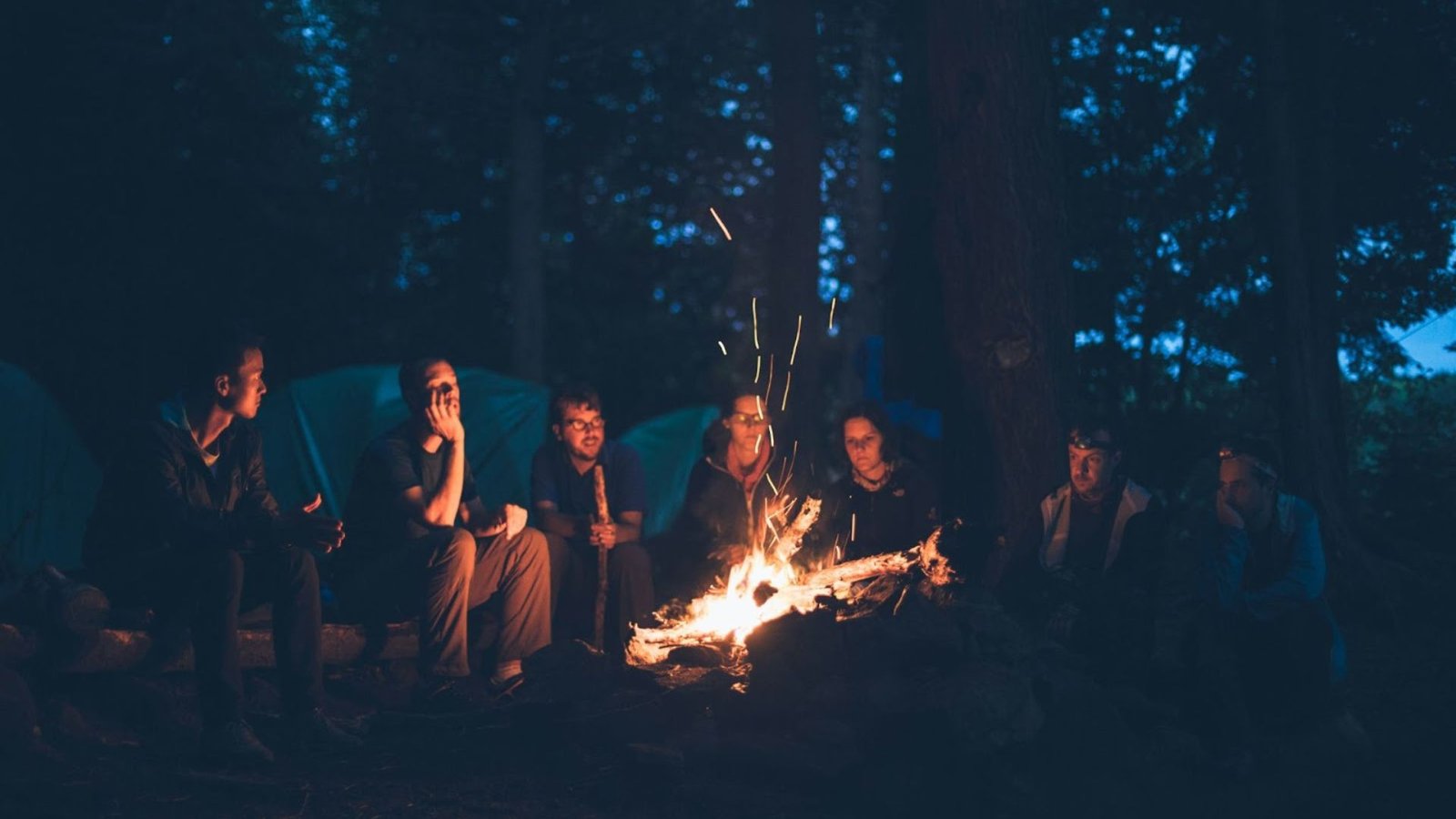Setting up a successful hunting camp is more than just pitching a tent and unpacking your gear. It requires careful planning and organization to ensure you have a comfortable and safe environment to rest, cook, and prepare for your hunt. Whether you’re new to hunting or an experienced hunter, these tips will help you set up your hunting camp for success. From choosing the right location to organizing your gear, we’ve got you covered.

1. Choose the Right Location
The location of your hunting camp is one of the most important factors to consider. Choose a flat and dry area for your shelter to avoid discomfort during your stay. Make sure you’re at least 200 feet away from water sources to prevent contamination and avoid attracting wildlife to your camp. The terrain should also be safe and not prone to flooding. Pay attention to the wind direction, as you want to avoid setting up your camp downwind of your hunting area, so your scent doesn’t travel towards your prey. Lastly, try to select a spot that offers shelter from strong winds and inclement weather.
2. Set Up Your Shelter Properly
Once you’ve chosen your location, setting up a shelter should be your next priority. A tent is the most common choice for hunters, but if you’re expecting cold or wet conditions, make sure your tent is large enough to fit both you and your gear. Set your tent up securely by staking it into the ground to prevent it from being blown away. For extra warmth and comfort, use a sleeping pad or air mattress inside your tent. If you’re using a tarp, make sure it’s tied down tightly and that there are no loose edges to catch the wind. Always choose a shelter that can withstand the weather conditions you’ll face.
3. Create a Safe Cooking Area
Your cooking area should be set up away from your shelter to avoid attracting animals with food odors. Make sure to keep your cooking space at least 100 feet from your sleeping area to ensure a safer, more comfortable environment. Use a camp stove or portable grill for cooking, and if you’re using a campfire, ensure that it’s built in a safe fire ring and away from dry vegetation. Always have a fire extinguisher or water source nearby to put out the fire when you’re done cooking. Store food and trash in airtight containers to keep animals away.
4. Keep Your Gear Organized
When you’re out hunting, time is precious, and you don’t want to waste it searching for your gear. Organization is key to success. Use bags, storage containers, or shelves to keep all your hunting gear neatly organized in your camp. Group similar items together, like hunting tools, clothing, cooking equipment, and personal items. Make sure your gear is easily accessible and that you know exactly where everything is. For example, keep your hunting knife, binoculars, and map in a convenient, accessible spot so you can grab them quickly when needed.
5. Build a Campfire and Stay Warm
A campfire is a crucial element of your hunting camp setup. It provides warmth, light, and a place to cook food. Choose a safe location for your fire, clear any debris around it, and build your fire in a contained space. Start with dry kindling and small sticks, then gradually add larger pieces of wood to keep the fire going. Always keep a bucket of water or sand nearby in case the fire gets out of control. Remember, safety is key. When you’re done with the fire, make sure it’s completely extinguished before going to bed.
6. Plan for Safety and Emergency Situations
Safety should be a top priority when setting up your camp. Make sure to have a first aid kit that’s easily accessible, as well as any personal medications or emergency supplies you may need. Always have a flashlight or headlamp with extra batteries, especially if you’ll be setting up or moving around your camp at night. If you’re in bear country, take extra precautions by securing food in a bear-safe container or hanging it from a tree away from your camp. Also, be sure to inform a friend or family member about your plans and expected return time in case something goes wrong.
7. Stay Organized with Your Water Supply
Water is essential for survival, and having a reliable water source close to your camp is important. If you’re camping in a remote area without a clean water supply, bring along a water filtration system or water purification tablets. This ensures that you’ll have safe drinking water throughout your trip. Bring plenty of water containers, such as bottles or hydration packs, to store water for cooking and drinking. If you’re near a water source like a river or lake, make sure to treat the water before drinking it to avoid waterborne illnesses.
8. Set Up a Bathroom Area
Depending on where you’re camping, you’ll need to plan for a bathroom area. If you’re hunting in the wilderness, dig a small, deep hole at least 200 feet away from your camp and water sources to use as a latrine. If you’re in an area where there are other hunters, be sure to set up a designated, private spot for your bathroom needs. Bring along toilet paper, wet wipes, and a bag to pack out any waste, as well as a small shovel to cover up the latrine. Always follow Leave No Trace principles and keep your camp clean.
9. Protect Your Camp from Wildlife
Wildlife is a part of the outdoor experience, but it’s important to keep them away from your camp. Store food and trash in secure containers to avoid attracting animals. If you’re camping in an area with bears or other dangerous wildlife, take additional precautions, such as storing food in a bear-resistant container or hanging it from a tree. Keep your camp clean, and avoid leaving food scraps or dirty dishes out in the open. By being mindful of your surroundings, you can reduce the chances of attracting wildlife to your camp.
10. Stay Comfortable with Extra Gear
Lastly, staying comfortable during your hunting trip is key to your success. Pack extra clothing layers in case of changing weather conditions, and make sure your gear includes items like rain jackets, gloves, and a warm hat. You may also want to bring a comfortable chair or camping cot to relax in during breaks. Having a comfortable and well-organized camp will help keep you refreshed and focused throughout your hunting adventure.
Conclusion
Setting up a successful hunting camp is about more than just pitching a tent; it’s about careful planning and organization. By following these tips for hunting camp setup success, you can create a safe, comfortable, and efficient environment that will enhance your hunting experience. From choosing the right location to staying organized and keeping safe, these tips will help ensure that you’re prepared for anything the wilderness throws your way. Happy hunting!



